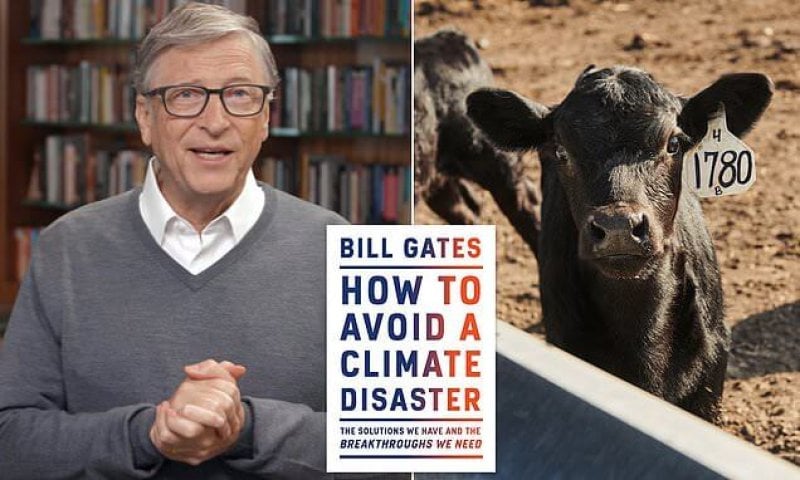The Microsoft founder-turned-global health philanthropist [Bill Gates] discusses ways to tackle climate change in his new book, “How to Avoid a Climate Disaster: The Solutions We Have and the Breakthroughs We Need,” which hit shelves on [February 16]. And among his calls to action: switching to synthetic beef to reduce methane emissions, aka the gases that cattle and sheep release when they belch or pass gas.
…
Many readers on Twitter aren’t ready to completely give up their burgers and steaks just yet. So this led to Gates’ trending on Twitter on [February 16] as critics chewed him out.
Even Gates recognized that this idea is hard to swallow. “Saying to people, ‘You can’t have cows anymore’ — talk about a politically unpopular approach to things,” he also told Technology Review.
Some other critics also questioned why Gates should dictate what countries should do to address climate change when a new report in the Nation named Gates as one of the world’s top carbon emitters.
Despite the backlash against his synthetic-meat plan, however, the global hunger for plant-based foods continues to grow. Morningstar forecasts that the plant-based-meat market will reach $74 billion by 2029, up from $12 billion in 2019.































